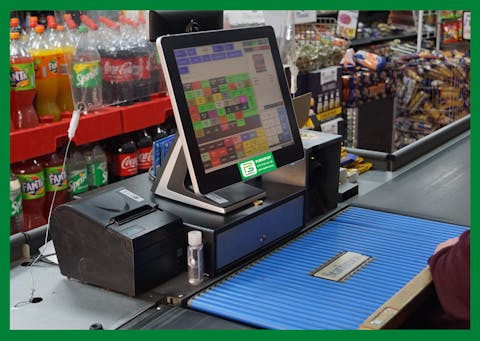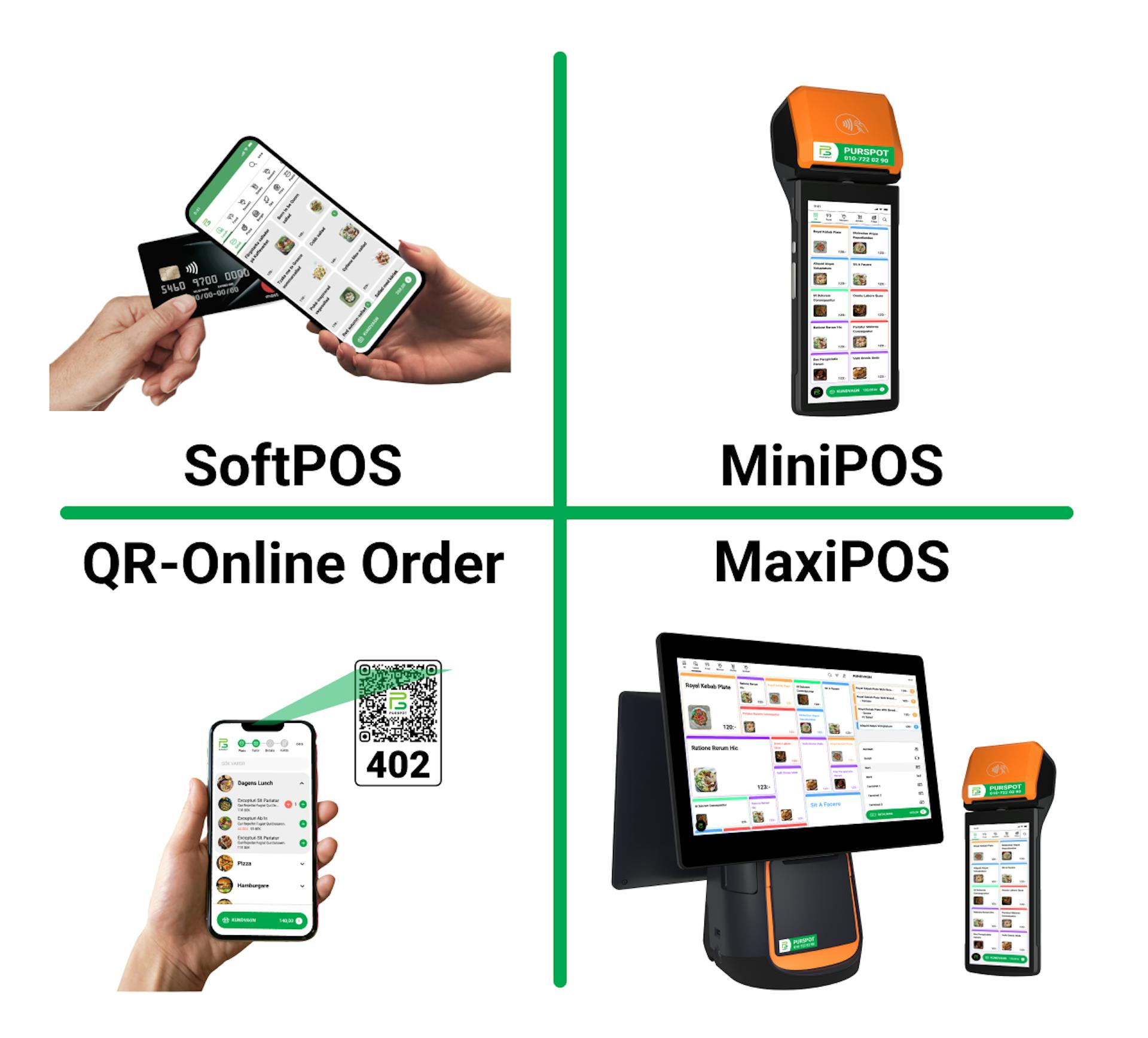Most businesses that handle the sale of goods or services need a cash register system. It includes shops, restaurants, cafes, salons, service workshops and similar businesses. The POS system helps manage sales and payments, and allows the company to track inventory and do accounting.
The three most important pieces of information about who needs a POS system are:
- Businesses that handle the sale of goods or services usually need a POS system.
- It includes a variety of businesses, such as shops, restaurants, cafes and service workshops.
- The POS system helps manage sales and payments, and allows the company to track inventory and do accounting.

